
As the world evolves, so do generational views. These often lead to heated debates between the young and the old. Gen Z, known for their digital nativity and progressive values, holds a number of opinions that have stirred the pot with older generations. Here are fourteen controversial stances that keep family dinners lively.
1. The 9-to-5 Workday is Outdated

For Gen Z, the traditional 9-to-5 schedule is a relic of the past. They advocate for flexible working hours and remote opportunities that align with personal productivity peaks and lifestyle choices. This generation values work-life balance more than job security, much to the dismay of Baby Boomers who prize structure. The emphasis on mental health and personal well-being is often seen as a lack of work ethic by their predecessors. Consequently, this clash over work culture reshapes workplace dynamics and expectations.
2. Education Doesn’t Guarantee Success

Increasingly, Gen Z questions the return on investment in traditional higher education. With student debt soaring, many wonder if the promise of a secure future post-college is just a myth. They champion alternative education paths like trade schools, online courses, or self-learning, which often leads to debates with older generations who view a college degree as the key to success. This shift reflects a pragmatic approach to career planning, which older generations sometimes misinterpret as short-sightedness.
3. Climate Change Requires Radical Action
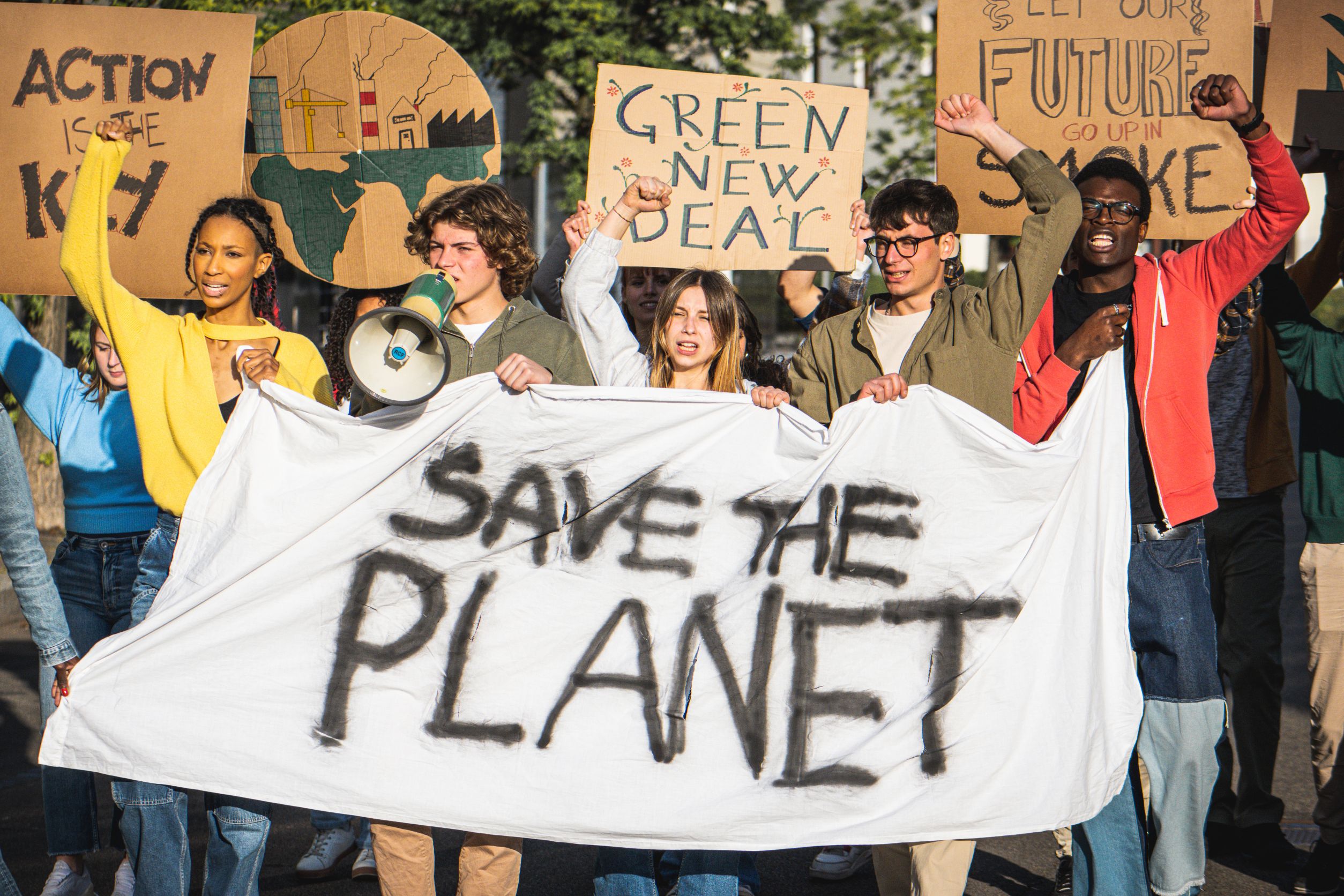
Gen Z is not shy about demanding significant changes to address climate change, often supporting extreme measures that older generations find impractical. They are more likely to back policies like the Green New Deal or bans on single-use plastics, viewing them as necessary rather than radical. This urgency is driven by the direct impact climate change will have on their futures, contrasting with the more conservative approaches of their elders. Their willingness to prioritize the environment over economic convenience frequently sparks generational tensions.
4. The Gig Economy is the Future

Many in Gen Z see gig work — freelancing, ridesharing, and task-based jobs — as a viable career path, not just a side hustle. This view challenges the traditional career trajectories valued by older generations, who often see such jobs as unstable. Gen Z appreciates the flexibility and independence that gig jobs offer, aligning with their values of autonomy and personal fulfillment. However, this can lead to misunderstandings with older family members who prioritize job security and long-term planning. This generational divide highlights differing attitudes toward economic stability and personal freedom.
5. Social Media is a Legitimate News Source

For Gen Z, platforms like Twitter and Instagram are not just for socializing but are vital sources of news and information. This reliance on social media for news gathering is often viewed skeptically by older generations, who question the credibility of these sources. Gen Z argues that traditional media can be biased and that social media offers a broader range of perspectives. They value real-time updates and the democratization of information sharing, which sometimes leads to disputes over what constitutes a reliable source.
6. Traditional Gender Roles are Outdated

Gen Z strongly advocates for dismantling traditional gender roles and norms. They embrace a spectrum of gender identities and expressions that older generations might not fully understand or accept. This has reshaped conversations around topics like career choices, family planning, and personal identity, often leading to clashes with more traditionally-minded seniors. Gen Z’s push for inclusivity and gender fluidity challenges societal norms, sparking significant generational debates.
7. Privacy Over Surveillance
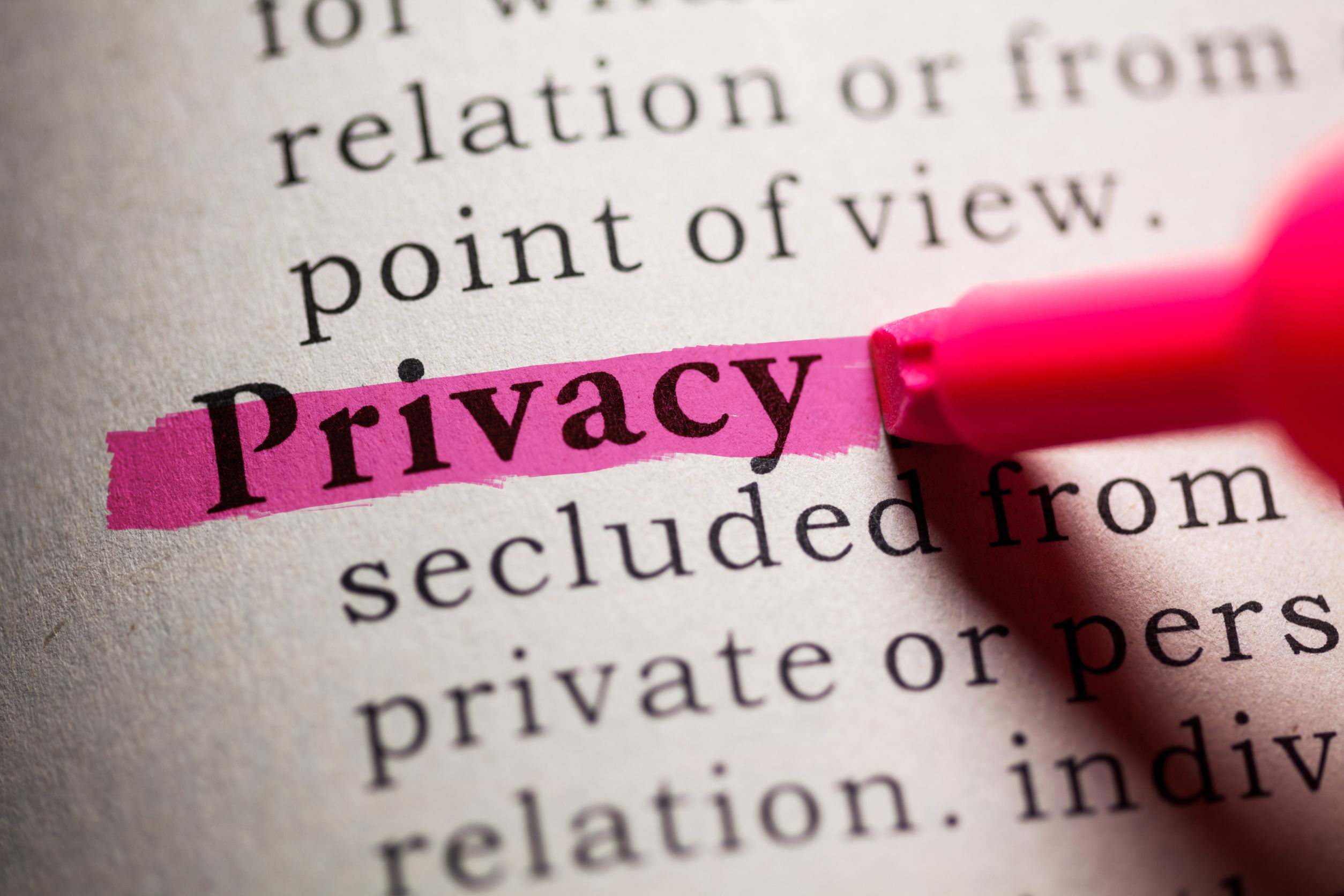
In an age where surveillance is becoming more pervasive, Gen Z values privacy more than ever. They are wary of government and corporate surveillance, advocating for robust data protection laws. This perspective often conflicts with older generations, who may view such measures as necessary for national security or economic reasons. Gen Z’s distrust in institutions and their push for greater privacy controls often leads to disagreements on the balance between security and personal freedom.
8. Veganism and Vegetarianism Are More Than Trends

To Gen Z, plant-based diets are part of ethical living, not just dietary preferences. This generation views veganism and vegetarianism as crucial to sustainability and animal welfare, often bringing them into conflict with meat-loving older generations. They are more likely to advocate for animal rights and environmental conservation, viewing these choices as interconnected with global health. This stance can sometimes be perceived as judgmental or impractical by those accustomed to traditional diets.
9. Corporate Loyalty is Overrated

The concept of lifelong employment at a single company is far less appealing to Gen Z. They perceive job-hopping as a way to gain diverse experiences and increase their value in the workforce. This flies in the face of older generational values that equate longevity with loyalty and success. The younger generation’s approach to career development, which prioritizes personal growth over corporate loyalty, often leads to generational misunderstandings.
10. Mental Health is as Important as Physical Health

Gen Z places a strong emphasis on mental health, treating it with as much importance as physical health. This includes advocating for mental health days and seeking therapy, which older generations might not fully support or understand. They are more open about their struggles and seek help without stigma, which can be perplexing to those who grew up in a culture of “toughing it out.” This difference in approach can lead to disputes about what constitutes health and wellness.
11. Cancel Culture is a Form of Accountability
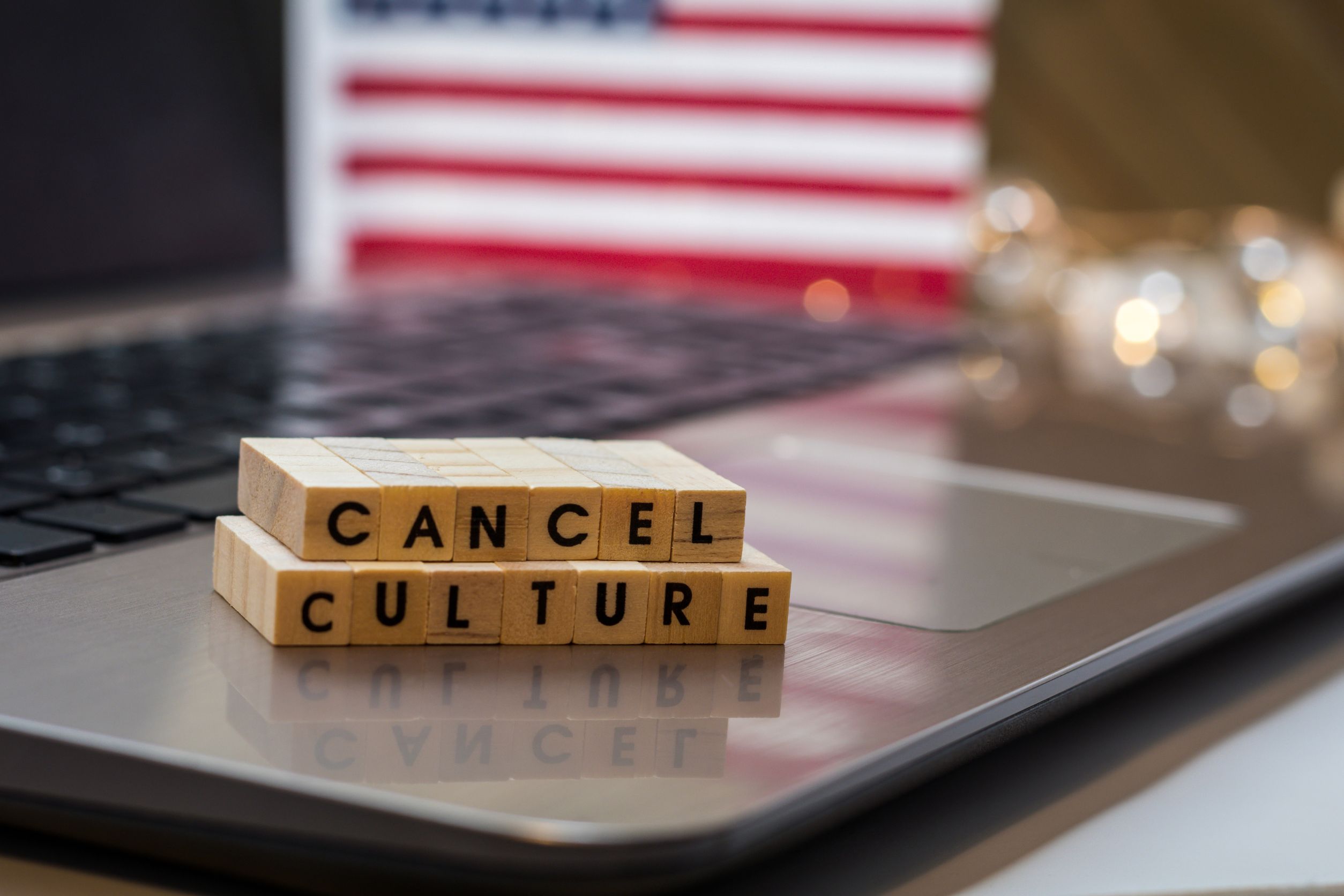
Often misunderstood by older generations, Gen Z sees cancel culture as a necessary tool for social accountability. They view it as a way to call out and correct injustices, especially in the digital age, where traditional forms of justice may seem slow or ineffective. While older generations may see this as punitive or unforgiving, Gen Z argues that it promotes better behavior and standards in public life. This difference in perspective can lead to significant discord on the effects and ethics of cancel culture.
12. Streaming Services Over Traditional TV

Gen Z prefers streaming services to traditional television, valuing the ability to choose what, when, and where they watch. This shift has caused a rift with older generations who often have a nostalgic connection to traditional broadcast TV. Gen Z finds streaming more convenient and tailored to their tastes, which older folks can sometimes view as isolationist or antisocial. This preference underscores the broader shifts in media consumption and entertainment values between the generations.
13. Political Correctness is Essential
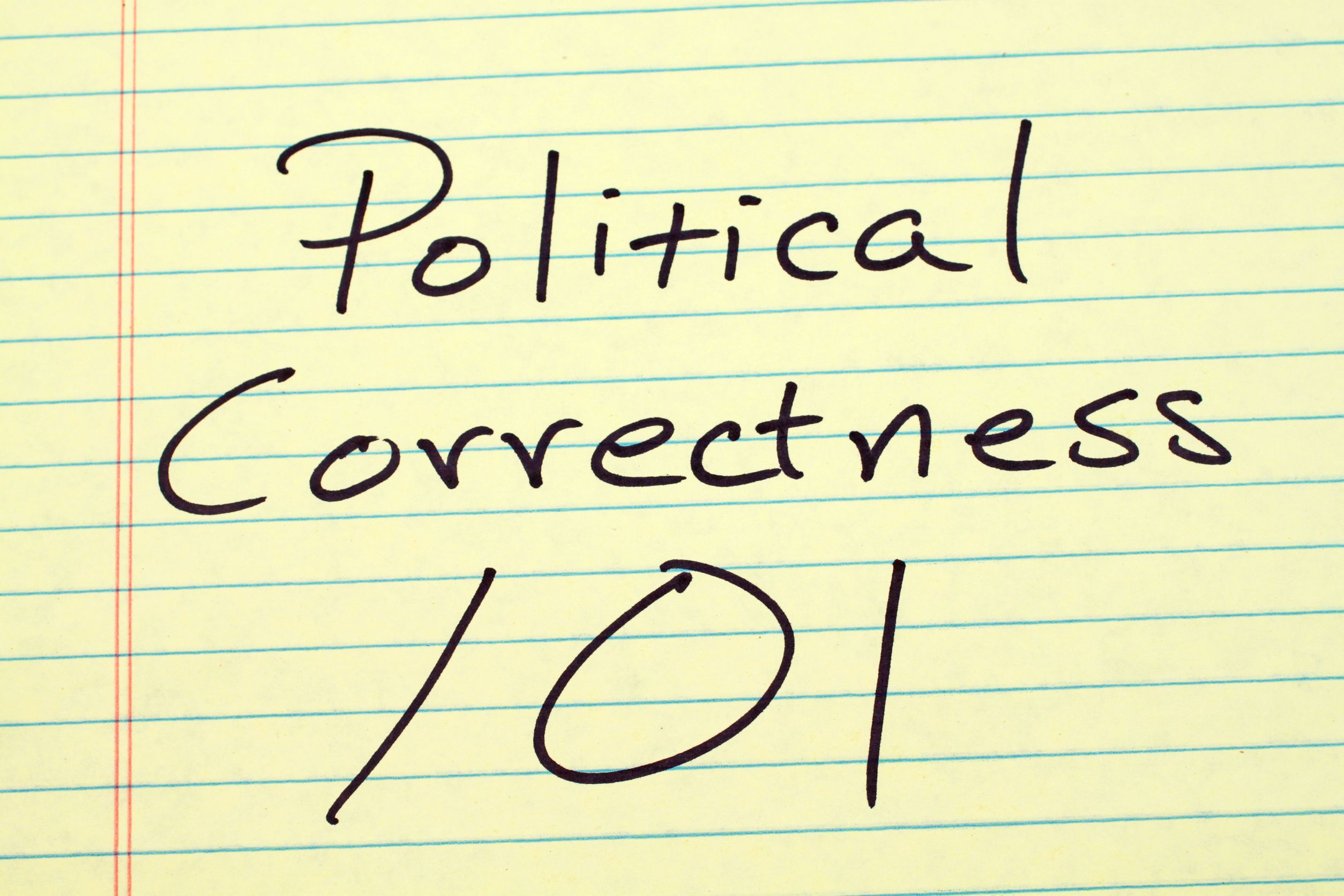
Gen Z often champions political correctness, viewing it as respect for diversity and prevention of harm. This commitment can clash with older generations, who might perceive it as an infringement on free speech or a complication of social interactions. Gen Z argues that evolving language to be more inclusive is necessary for social progress, which can be a point of contention at family gatherings. They believe that addressing others respectfully can lead to more substantive and less harmful interactions.
14. Activism is a Lifestyle
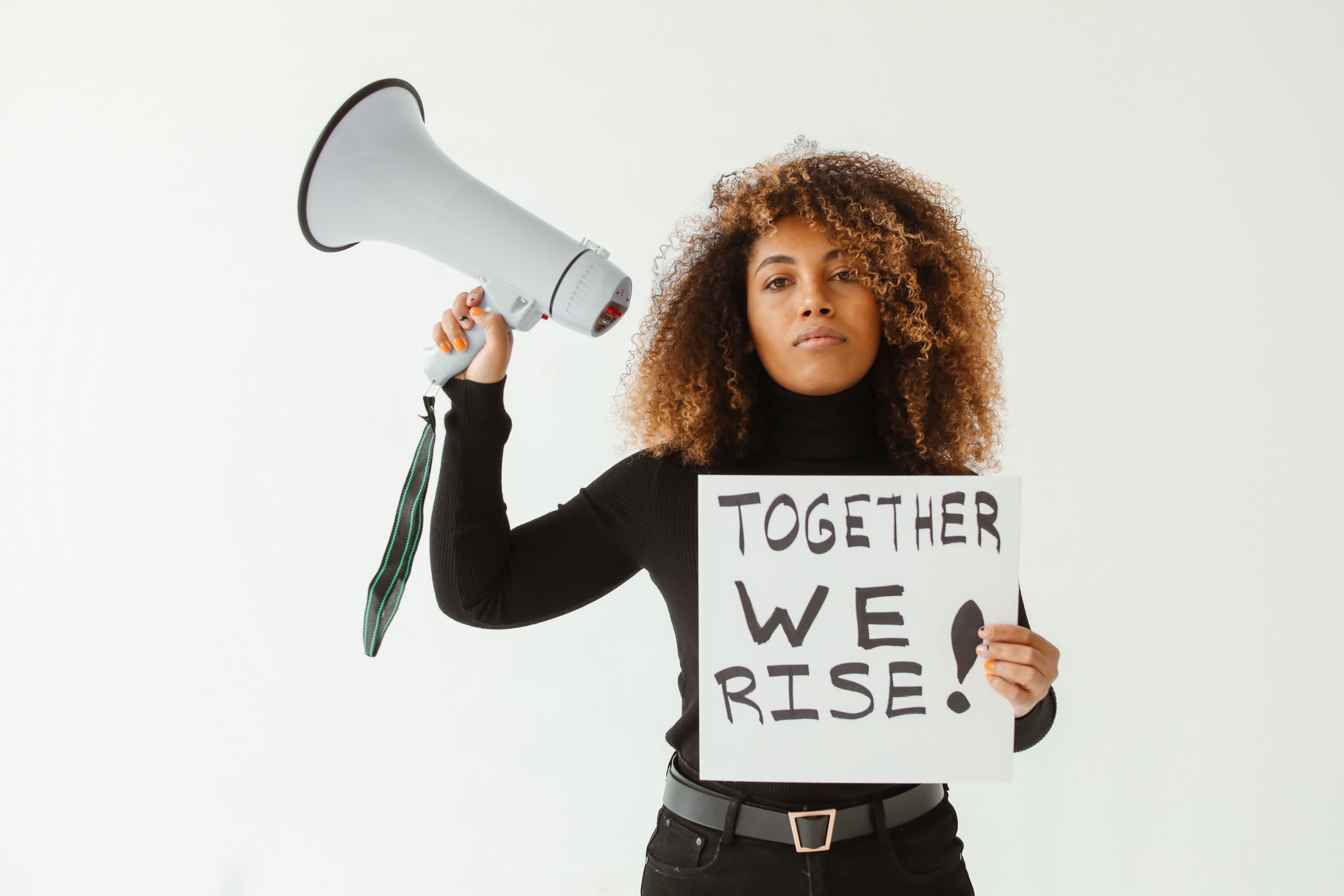
For Gen Z, activism is not just about attending rallies; it’s integrated into their daily lives through conscious consumerism, social media advocacy, and public discourse. This often contrasts with older generations’ views of activism as discrete, occasional actions. Gen Z believes in the power of ongoing, everyday actions to effect change, which can seem overly optimistic or unrealistic to their elders. This generation sees activism as part of their identity, influencing how they spend, speak, and interact with the world.
Bridging the Generational Divide

Understanding these fourteen controversial opinions held by Gen Z reveals not just points of contention but also opportunities for dialogue across generations. By exploring these perspectives, both young and old can find common ground and perhaps appreciate the unique contributions each has to offer to societal evolution. Engaging in open conversations without preconceived notions might just turn these dinner table debates into insightful exchanges that enrich all participants.
Read More
11 Gen X Phrases That Confuse Millennials and Gen Z
Gen Z Issues: 10 Alarming Trends Concerning Today’s Youth

Vanessa Bermudez is a content writer with over eight years of experience crafting compelling content across a diverse range of niches. Throughout her career, she has tackled an array of subjects, from technology and finance to entertainment and lifestyle.
In her spare time, she enjoys spending time with her husband and two kids. She’s also a proud fur mom to four gentle giant dogs.







